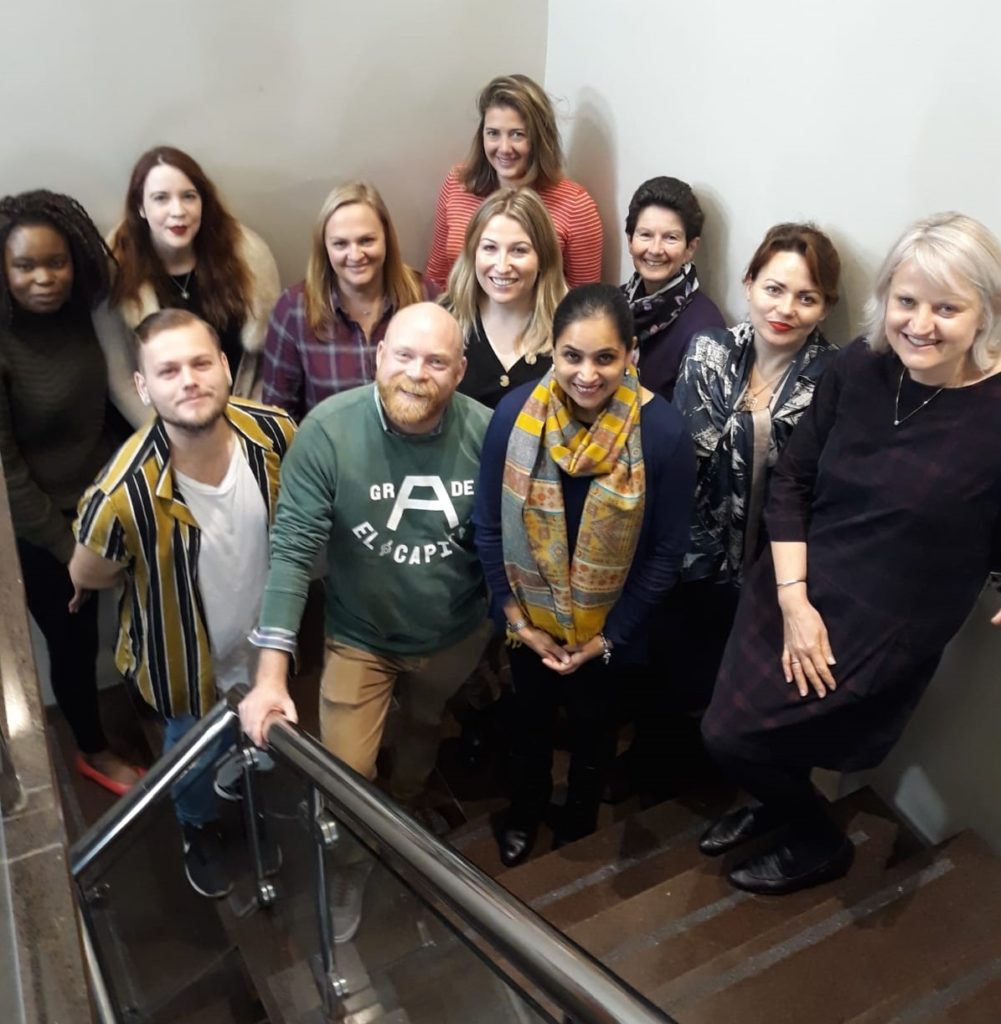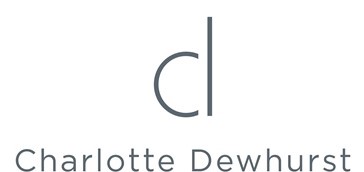I decided to formally qualify as an Executive Coach after more and more people told me that I should do this. It was that simple. These people were mostly those I was already coaching, for example my team and peers at Les Mills or Argos, and even colleagues (who had become friends) from previous businesses who I had kept in touch with and coached ongoing. I have been lucky enough to work with executive coaches myself for many years now, and on more than one occasion they suggested that this could be something I pursue. This was a sign!
I’ve subsequently been researching this for years. Mindful of the coaching industry being very fast-growing, increasingly diverse (there are many types of coach out there) and unregulated, I wanted to ensure that I was setting myself up to be the best coach I could be, so that I could provide the most useful, helpful and honest service to my clients. I knew exactly who my clients would be; so why couldn’t I focus my training on meeting their needs in the first instance?
I looked into the field of positive psychology, which fascinates me, and toyed with the idea of doing a Masters Degree in this, but the practical application of this discipline in business coaching wasn’t part of the syllabus, and I really value that practical lens in my learning.
So, I came across ILM Level 7 Diploma in Executive Coaching and Mentoring. This seemed like the ideal option. A practical course, on average taking 2 years to complete, and the equivalent of a Masters Degree, helping me to focus on how to support senior executives to improve their performance through coaching. This course will take me on a journey to be a coach who is aware of Executive Coaching best practice, and is operating to the highest standard possible. The qualification is the highest recognised qualification available for Executive Coaching and is internationally recognised.
So, on the 4th December I started my course. Off I went to the Holiday Inn, Bloomsbury, where I spent 3 days locked in a room with two inspirational tutors, Virginia and Brenda, and nine other executive coaches. The backgrounds of my new coaching peers were fascinating. I was amongst senior NHS professionals, a headteacher who operates within schools in India, a professional from the Ukraine who had travelled to London specifically for the course and ex-CEOs who wanted to turn their hand to coaching – most had travelled significantly further than Milton Keynes! I was honoured to be amongst these people.

During the three days, we covered many bases. I was already a practicing coach (as were most of my peers on the course), and the content was pitched at this level, so there was little of the basics touched upon. I still however managed to be reframed on some key nuances, which for me underlines the value of taking part in this professional learning. Here are my top 3 take-outs:
- Usually, only 3-6 sessions of Executive Coaching should be needed. Executive coaching over a longer period of time (without re-contracting) doesn’t always constitute best practice.
- Maintaining complete objectivity and neutrality, not steering the conversation or advising at all is difficult to achieve, but is the essence of true executive coaching.
- Being clear on the boundaries between executive coaching, mentoring, consulting and other types of leadership development is essential when entering into a coaching relationship. The boundaries are easily blurred, but for me, clarity is absolutely key to driving and measuring successful outcomes.
I’ll be back at the Holiday Inn, Bloomsbury on 21st January for my next instalment of learning… I’m excited.
